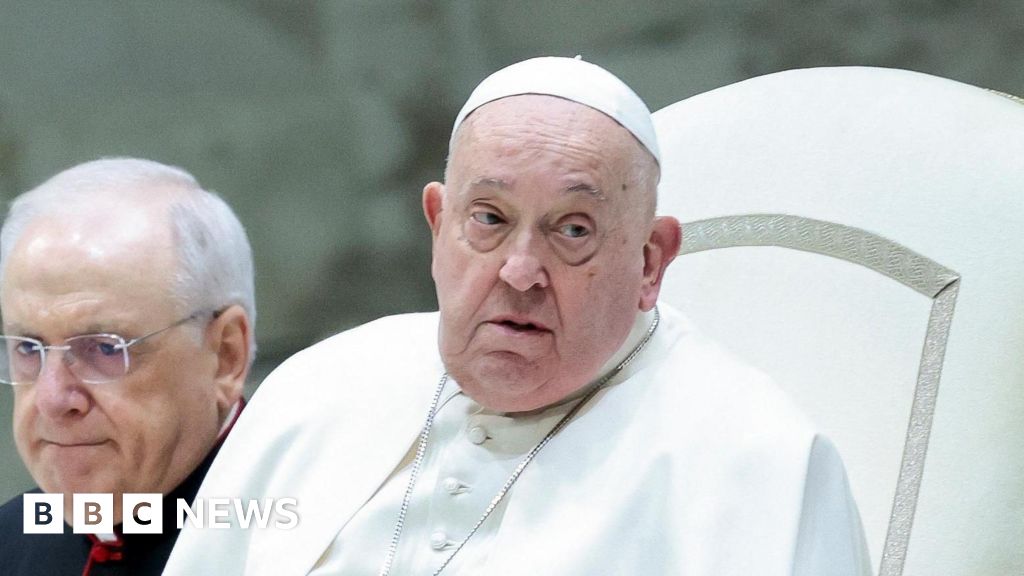The ceasefire in Gaza between Israel and Hamas will take effect at 08:30am (06:30 GMT) on Sunday, Qatar’s Foreign Ministry spokesperson announced in a post on X.
“Based on the agreement between the parties… the ceasefire in the Gaza Strip will begin at 8:30am on Sunday. We advise our brothers to take precautions, exercise the utmost caution, and await instructions from official sources,” spokesperson Majed al-Ansari said in a tweet on Saturday.
Earlier on Saturday, the Israeli government ratified the agreement after meeting for more than six hours, Israel’s Prime Minister Benjamin Netanyahu’s office said in a brief statement.
However, Netanyahu said later that his country will not proceed with the Gaza ceasefire until it receives a list of the 33 hostages who will be released by Hamas in the first phase of the deal.
“Israel will not tolerate violations of the agreement. The sole responsibility lies with Hamas,” Netanyahu added in a statement.
The deal was approved after more than 460 days of war in which Israeli forces have killed more than 46,788 Palestinians and wounded 110,453. It would see the release of 33 captives held in Gaza over the next six weeks, in exchange for hundreds of Palestinians imprisoned by Israel.
The remainder, including male soldiers, are to be released in a second phase that will be negotiated during the first.
Hamas has said it will not release the remaining captives without a lasting ceasefire and a full Israeli withdrawal.
“All eyes are now on Gaza to see what the Israeli military is going to do in these final hours, because historically, before any sort of ceasefire deal, the Israeli military pounds the Gaza Strip with all of its might,” said Al Jazeera’s Hamdah Salhut, reporting from Jordan.
“There’s going to be a lot of fear and anxiety.”
Leader of the Lebanese group Hezbollah, Naim Qassem, congratulated the Palestinians for reaching the deal, saying it proved the “persistence of resistance” against Israel.
“This deal, which was unchanged from what was proposed in May 2024, proves the persistence of resistance groups, which took what they wanted while Israel was not able to take what it sought,” he said.
In November, Hezbollah and Israel reached a ceasefire deal in a conflict parallel to Israel’s war on Gaza.
Meanwhile, an attacker armed with a knife seriously injured one person in Tel Aviv before being shot by an armed civilian, according to the Israeli police.
A 30-year-old Israeli was wounded in the attack and is in critical condition at the hospital, according to the Israeli media.
Hamas hails the stabbing attack in Tel Aviv, calling it a “natural response to the Zionist massacres” and saying it won’t stop “until the (Israeli) occupation departs”.
“We mourn the perpetrator of the operation from Tulkarem who stabbed a group of settlers on one of the streets of Tel Aviv,” the group said in a statement on Telegram.
The agreement
Under the deal, the three-stage ceasefire starts with an initial six-week phase when caltives held by Hamas will be exchanged for prisoners and detainees jailed in Israel.
Thirty-three of the 98 remaining Israeli hostages, including women, children, men over 50 and ill and wounded captives, are to be freed in this phase. In return, Israel will release almost 2,000 Palestinians from its jails.
They include 737 male, female and teen-aged prisoners, as well as hundreds of Palestinians from Gaza in detention since the start of the war.
Israel’s Justice Ministry published their details early on Saturday, along with the ceasefire agreement, which said 30 Palestinian prisoners would be released for each female captive on Sunday.
After Sunday’s hostage release, lead U.S. negotiator Brett McGurk said, the accord calls for four more female hostages to be freed after seven days, followed by the release of three further hostages every seven days thereafter.
With the accord opposed by some Israeli cabinet hardliners, media reports said 24 ministers in Netanyahu’s coalition government backed the deal while eight opposed it in the cabinet vote.
The opponents said the ceasefire agreement represented a capitulation to Hamas.
National Security Minister Itamar Ben-Gvir threatened to resign if it was approved and urged other ministers to vote against it. However, he said he would not bring down the government.
Finance Minister Bezalel Smotrich, also threatened to quit the government if it does not go back to war to defeat Hamas after the first six-week phase of the ceasefire.
Israeli attacks continue across Gaza
In Gaza, Israeli forces have kept up heavy attacks.
Medics in Gaza said an Israeli air strike early on Saturday killed five people in the al-Mawasi “humanitarian zone” area, west of Khan Younis in the enclave’s south.
The Palestinian Wafa news agency reported that a man from the Qudra family was killed along with his wife and their three children in the attack.
An Israeli drone strike also killed three Palestinian civilians in the Tuffah neighbourhood, east of Gaza City late on Friday, according to Wafa.
This brought to at least 119 the number of Palestinians killed by Israeli bombardment since the ceasefire accord was announced on Wednesday.
Despite the attacks, many Palestinians who were displaced from their homes are looking forward to the ceasefire.
Mahmoud Sheikh Abed, who was displaced from Rafah, said he is hoping that there would not be any violations.
“We hope by the name of God that today is the last day of war. People are tired. We are tired from displacement, illnesses, from starving, from fatigue.”
Tareq Zumlot, another Palestinian refugee, said he cannot wait to return to his home in Jabalia.
“We will return to our home and check on our family and friends. We hope we will have silence and safety.”

 1 month ago
13
1 month ago
13










 English (US) ·
English (US) ·